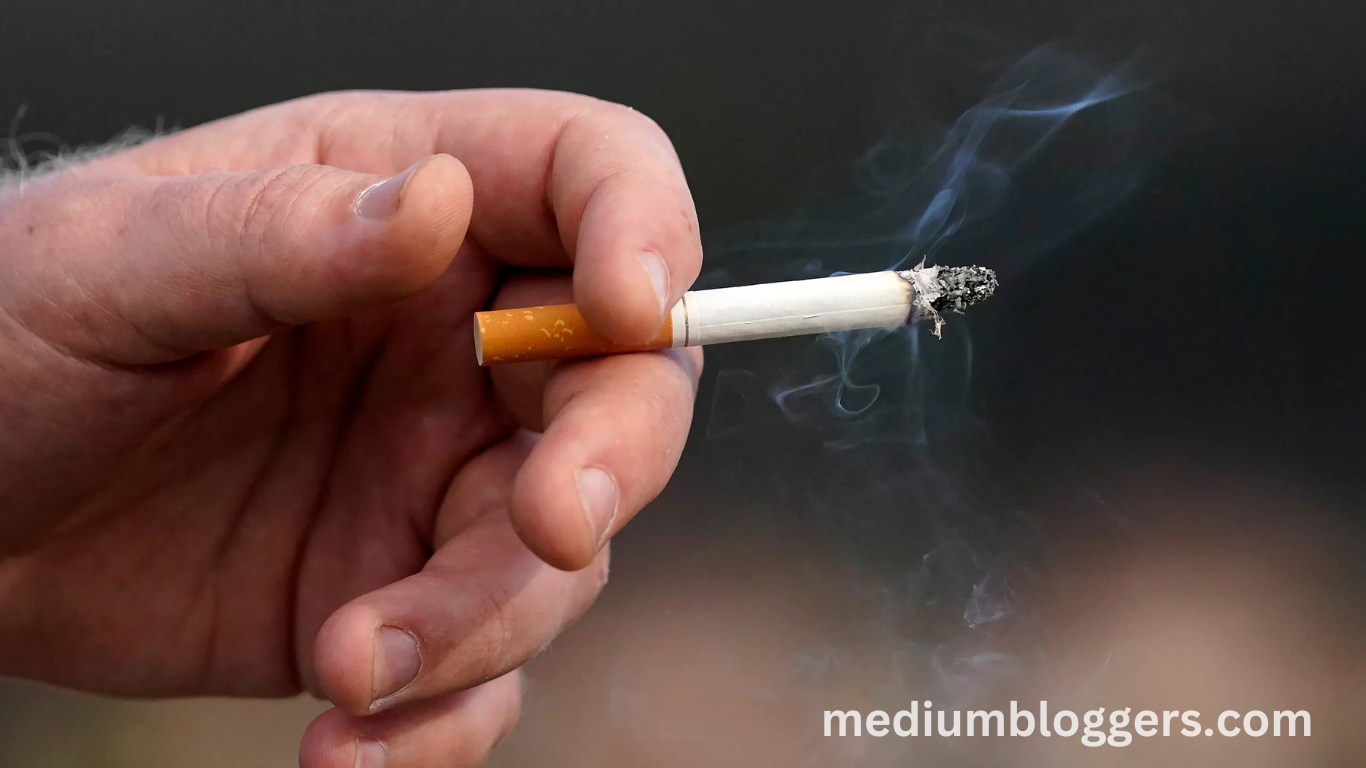In a shocking move, former President Donald Trump has fired the head of the U.S. Food and Drug Administration (FDA) who was responsible for overseeing tobacco regulation. This event has sent ripples through the public health community, reigniting debates about the future of smoking in America and the government’s role in regulating harmful substances.
The FDA and Its Role in Tobacco Regulation
The FDA’s Tobacco Division was created to reduce smoking rates and curb the public health crisis that smoking has caused over decades. Under the leadership of the former FDA head, the agency had ramped up efforts to regulate tobacco products, including e-cigarettes, cigars, and traditional cigarettes. This included stricter guidelines on advertising, flavoring, and packaging to make these products less appealing to young people.
However, the recent decision to fire the FDA head has raised questions about whether this will signal a shift in the government’s approach to smoking. Critics argue that loosening tobacco regulations may create an environment where smoking becomes more normalized, especially among younger generations.
Trump’s Stance on the FDA and Tobacco
During his presidency, Donald Trump consistently expressed frustration with federal agencies and their regulatory powers. His administration’s approach often favored deregulation, arguing that excessive regulation stifles innovation and harms businesses. This stance was evident in various industries, including tobacco.
By firing the FDA tobacco head, Trump made a bold statement regarding his approach to the tobacco industry. Many see this move as an attempt to weaken the regulatory oversight on tobacco products, possibly paving the way for a more lenient stance on smoking in the future. The impact of this decision is still unfolding, but it raises significant concerns for public health advocates.
Impact on Public Health
The public health community has long worked toward reducing smoking rates in the United States, where tobacco-related diseases such as lung cancer, heart disease, and respiratory illnesses remain leading causes of death. Any move to ease tobacco regulations could reverse decades of progress in combating smoking.
With the rise of vaping and e-cigarettes, new challenges have emerged, complicating the fight against smoking. Many health experts argue that these newer products should be heavily regulated, particularly when it comes to marketing to teens and young adults. A relaxation of tobacco policies might exacerbate these issues, increasing the prevalence of smoking among younger people who are more vulnerable to the appeal of flavored products.
Read More : Katrina Kaif’s ₹48K Chanderi Kurta for Navratri
Tobacco Industry Response
The tobacco industry has long lobbied against stringent regulations on their products, citing concerns over the economic impact of these policies. From a business standpoint, the decision to fire the FDA tobacco head might be seen as a victory, as it could mean a reduction in regulatory burdens that have historically affected their bottom line.
Tobacco companies may view this shift as an opportunity to introduce new products or enhance the marketing of existing ones. With fewer restrictions on how tobacco products can be advertised, these companies may find it easier to reach broader audiences and potentially bring back smoking as a mainstream activity.
The Broader Cultural Implications
The cultural perception of smoking has shifted dramatically over the past few decades. Smoking, once seen as glamorous and rebellious, has become stigmatized due to its harmful effects. However, if regulations are relaxed, it may trigger a cultural shift that makes smoking seem more acceptable once again, especially among younger individuals who might not remember a time when smoking was ubiquitous in movies, advertisements, and society at large.
Frequently Asked Questions
Why did Trump fire the FDA tobacco head?
Trump fired the FDA tobacco head due to disagreements over tobacco regulations and the desire for less government intervention.
What does this mean for smoking regulations?
It may signal a shift toward more lenient regulations on tobacco products, including e-cigarettes and traditional cigarettes.
How could this affect public health?
Relaxing tobacco regulations could lead to an increase in smoking, reversing progress made in reducing tobacco-related diseases.
What is the role of the FDA in tobacco regulation?
The FDA regulates tobacco products to reduce their use and prevent tobacco-related health issues, especially among youth.
Will smoking become popular again?
A relaxation of regulations might normalize smoking, particularly among younger generations, reversing cultural shifts that stigmatized tobacco use.
How does this decision impact the tobacco industry?
It may benefit tobacco companies by reducing regulatory restrictions, allowing them to market and sell products with fewer limitations.
What are the risks of relaxing tobacco regulations?
Loosening regulations could increase smoking rates, particularly among teenagers, leading to higher health risks such as cancer and respiratory diseases.
How does vaping fit into this debate?
Vaping, like smoking, may face reduced regulations, making it easier for companies to target younger people with appealing flavored products.
Conclusion
Trump’s decision to fire the FDA tobacco head signals potential changes in tobacco regulation, raising concerns about public health. The move could reverse progress in reducing smoking rates, particularly among youth, and lead to a cultural shift that normalizes tobacco use again. Public health advocates must closely monitor this development to ensure that efforts to combat smoking continue effectively.


